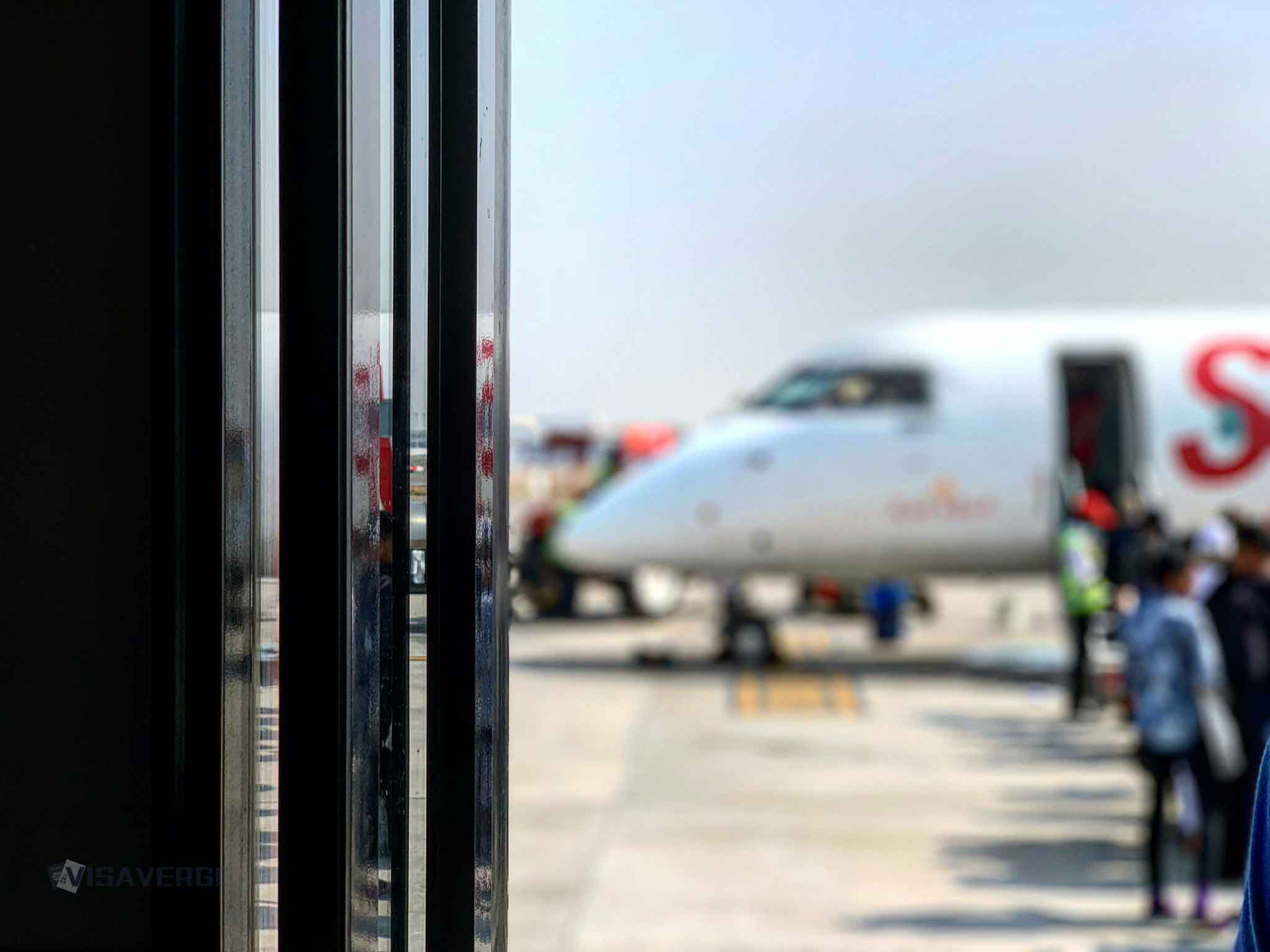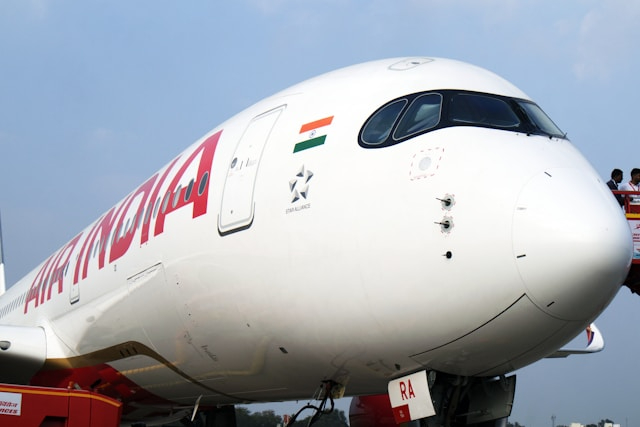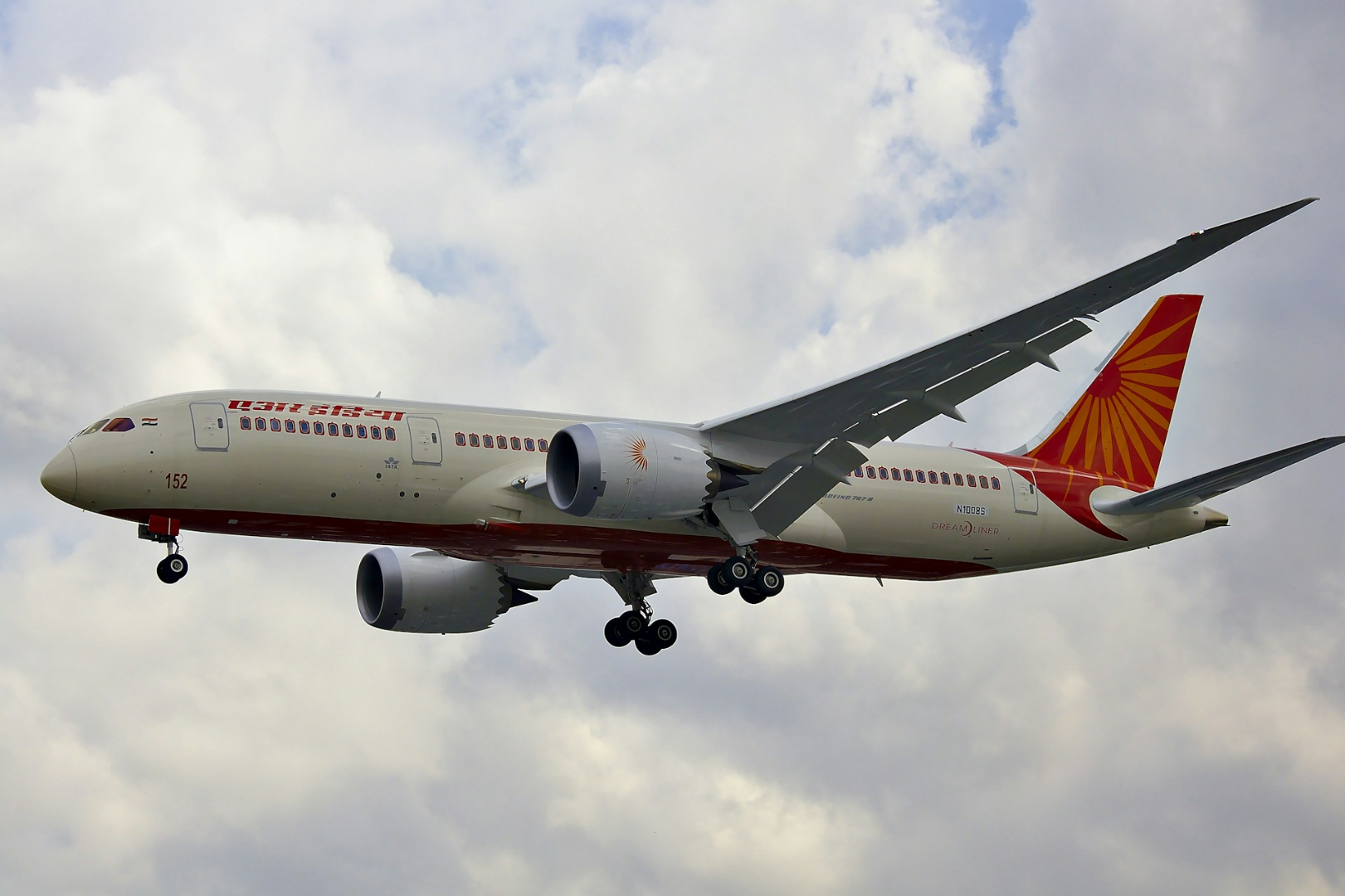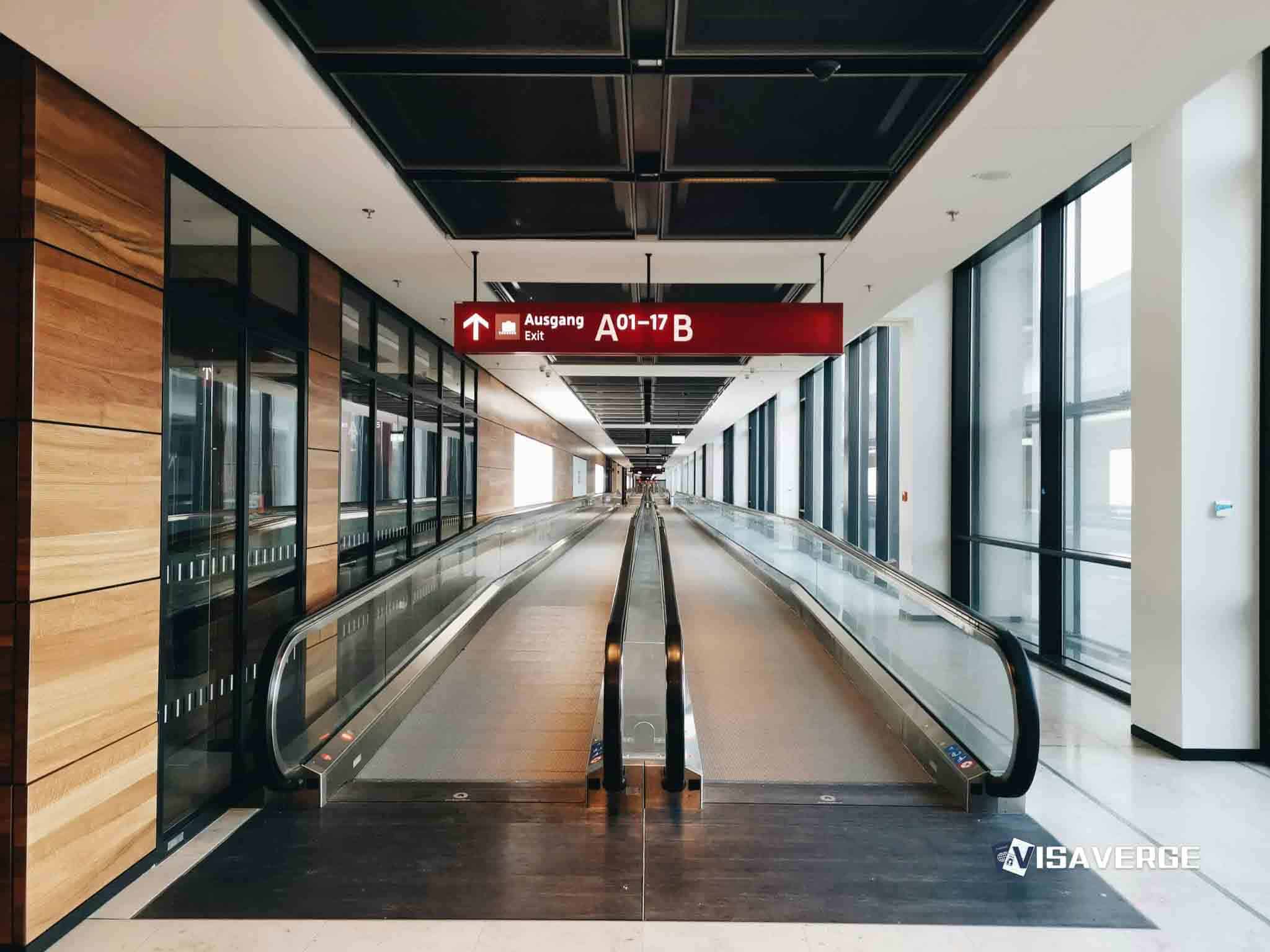The UK has not announced a blanket “severe visa cut” specifically aimed at Albania, Brazil, and India. However, a sweeping reset of immigration policy in 2025 is tightening rules for students and workers from many countries and could reduce future visa numbers for nations that do not cooperate on returning their citizens.
Prime Minister Keir Starmer said in June the government is weighing a more “transactional” system that links visa access to progress on migrant return agreements. Albania and India already have such agreements with the UK; Brazil has not been named in recent briefings, though officials suggest the approach may widen as talks continue.

Key policy changes and dates
- From July 22, 2025, the UK:
- Raised the Skilled Worker route threshold to RQF Level 6 (graduate level).
- Removed 111 occupations from eligibility.
- Closed the social care worker route to overseas recruitment.
- The Graduate Route for most bachelor’s and master’s graduates is cut from two years to 18 months; PhD graduates retain three years.
- Visa fees rose by 5–10% from April 2025.
- Student maintenance requirements increased by 11% in January 2025.
- The White Paper “Restoring Control over the Immigration System” was published May 12, 2025 and set the tone for these moves.
Objectives behind the changes
Officials say the measures aim to:
– Reduce net migration.
– Ensure failed asylum seekers can be returned.
– Direct visas toward higher-skilled roles.
– Make visa access more transactional — tied to partner countries’ cooperation on returns.
“We are looking at whether we should tie our visas to the work that the countries we’re dealing with are doing on preventative measures and on return agreements. It will be much more transactional,” — Keir Starmer (June).
The Home Office already has return deals with Albania, Pakistan, India, and Iraq. Ministers say countries without such agreements could face reduced visa allocations if they do not engage.
Who is affected and how
- Indian nationals form one of the largest groups of UK work and study visa holders and now face higher skill and fund thresholds.
- Albanian applicants benefit from a return agreement but still face the new skill and compliance requirements.
- Brazilians have not been singled out for cuts as of late August, but they could be affected if the UK links access to cooperation on returns.
Skilled Worker route overhaul
- Raising the threshold to RQF Level 6 generally confines eligibility to graduate-level jobs.
- Jobs below degree level are not fully closed but are largely limited to a new temporary shortage list under tighter oversight.
- Employers must submit workforce plans showing steps to increase local hiring before recruiting overseas.
- The Migration Advisory Committee (MAC) is reviewing shortage lists and may advise further adjustments.
Health and care sector
- The social care worker route has been closed to overseas recruitment.
- Care providers warn of staff shortfalls; ministers argue the sector must raise pay and training to attract UK workers.
- Families planning reunification via sponsored care roles may need to find alternative routes or new timelines.
Financial impacts and sponsor compliance
- Visa fees increased by 5–10% from April 2025.
- The Innovator Founder fee is now £1,274.
- International students must show higher maintenance funds (an 11% increase). Example: a one-year master’s in London now requires proof of £13,347 for living costs.
- Universities must meet 95% enrolment and 90% completion thresholds or risk losing sponsor status.
Graduate Route changes and consequences
- Post-study work time reduced from two years to 18 months for most bachelor’s and master’s graduates.
- PhD graduates retain 3 years.
- The shorter window affects planning for graduates from India, Brazil, and Albania seeking to move into career-track roles.
Practical implications for countries
- The UK links visa access to a partner’s willingness to take back nationals with no right to remain.
- Albania: existing return deal supports quicker removals.
- India: has a return agreement and remains a major source of students/workers but must meet the higher thresholds.
- Brazil: not yet singled out; future exposure depends on return-talk outcomes.
Concerns from universities and employers
- Universities warn higher costs and shorter post-study stays may push students to countries like Canada or Australia.
- Some UK institutions rely on international fees to fund domestic teaching and research; losing sponsor status would be damaging.
- Employers: removal of 111 roles and the degree-level focus reduce options in fields where skill is acquired on the job (hospitality, construction, parts of manufacturing).
Employer and sponsor responsibilities
Employers must now:
1. Map roles that meet RQF Level 6 and ensure job descriptions and pay reflect graduate-level duties.
2. Submit workforce plans proving efforts to recruit locally.
3. Prepare evidence if applying for roles on the shortage list.
4. Keep sponsor files compliant and ready for Home Office checks.
Smaller firms may face hiring delays and extra costs. Many businesses will need legal advice to ensure roles, pay, and skill levels meet the updated rules.
Impact on students and families
- Higher proof-of-funds thresholds force families to use savings or loans.
- Rising accommodation and living costs in cities like London, Manchester, and Edinburgh increase pressure.
- The reduced Graduate Route period requires earlier job searches and faster transitions to longer-term visas.
- Students should pick universities with strong compliance records to reduce risk of sponsor license issues.
Sector-specific consequences
- Care sector: closure of overseas route risks staffing gaps and potential rise in informal work.
- Universities: hitting 95% enrolment and 90% completion targets may make institutions more cautious in offering places, especially to applicants from countries with higher drop-off rates.
- Skilled Worker sponsors: removal of 111 roles creates friction; MAC may restore roles if evidence supports it, but employers must adapt in the meantime.
Upcoming changes to watch
- Further adjustments by the MAC to shortage lists throughout the year.
- Potential rises in the Immigration Skills Charge.
- Tighter language requirements.
- A fresh family migration package expected later in 2025.
For official guidance and updates, visit the UK Visas and Immigration page: https://www.gov.uk/government/organisations/uk-visas-and-immigration
Practical advice: what this means for people planning now
- If you are from India:
- Target roles clearly at RQF Level 6 with strong pay and graduate-level duties.
- Note July 22, 2025 changes and check job codes.
- Plan around an 18-month Graduate Route and budget for higher proof of funds.
- If you are from Albania:
- Your return agreement helps keep channels open, but higher thresholds apply.
- If your job was removed from the list of 111, work with your sponsor on role redesign or shortage-list options.
- If you are from Brazil:
- Monitor returns-policy developments.
- Focus on roles that meet RQF Level 6.
- If a student, choose sponsors with strong compliance records.
Employers should:
– List roles at or above RQF Level 6 and confirm job descriptions and pay reflect that level.
– For non-degree roles, build training plans, consider apprenticeships, or prepare evidence for shortage-list requests.
– Keep sponsor documentation in order for Home Office checks.
Universities should:
– Balance growth with compliance to meet 95% enrolment and 90% completion targets.
– Provide clearer pre-arrival support and verify students meet proof-of-funds rules.
Students and families should:
– Keep paperwork organized and timelines tight.
– Secure accommodation and proof of funds early.
– Start job searches early to transition from the 18-month Graduate Route to a Skilled Worker route before it expires.
Diplomatic and political context
- The UK’s approach ties visa access to cooperation on returns, which places pressure on partner countries.
- Albania and India illustrate how return deals can help preserve channels even as rules tighten.
- Brazil’s outcomes depend on talks that have not been publicly detailed.
- Ministers emphasize cooperation, not punishment, though the Home Office has not released numbers on potential visa cuts under the transactional model.
Bottom line — planning and action
- Applicants from Albania, Brazil, and India are not facing a targeted ban or announced “severe cut” at present.
- The 2025 system is, nevertheless, tougher, costlier, and more exacting than before.
- The best path forward emphasizes:
- Applying for higher-skilled roles (RQF Level 6),
- Choosing strong, compliant sponsors,
- Planning early and documenting thoroughly,
- Monitoring return-agreement developments for country-specific risk.
The watchwords are timing and evidence: move early, document well, and choose routes that match the new rules. The MAC will continue adjusting shortage lists, and the Home Office will keep increasing checks on sponsors. The coming months will reveal whether the UK can cut numbers while keeping classrooms full and businesses staffed.
This Article in a Nutshell
In 2025 the UK raised the Skilled Worker threshold to RQF Level 6, cut Graduate Route stays to 18 months, removed 111 occupations, and increased fees and student fund requirements. The government will tie visa access to countries’ cooperation on returns; Albania and India already have agreements, Brazil’s status depends on talks. Applicants and sponsors must meet higher skill, funding and compliance standards.







